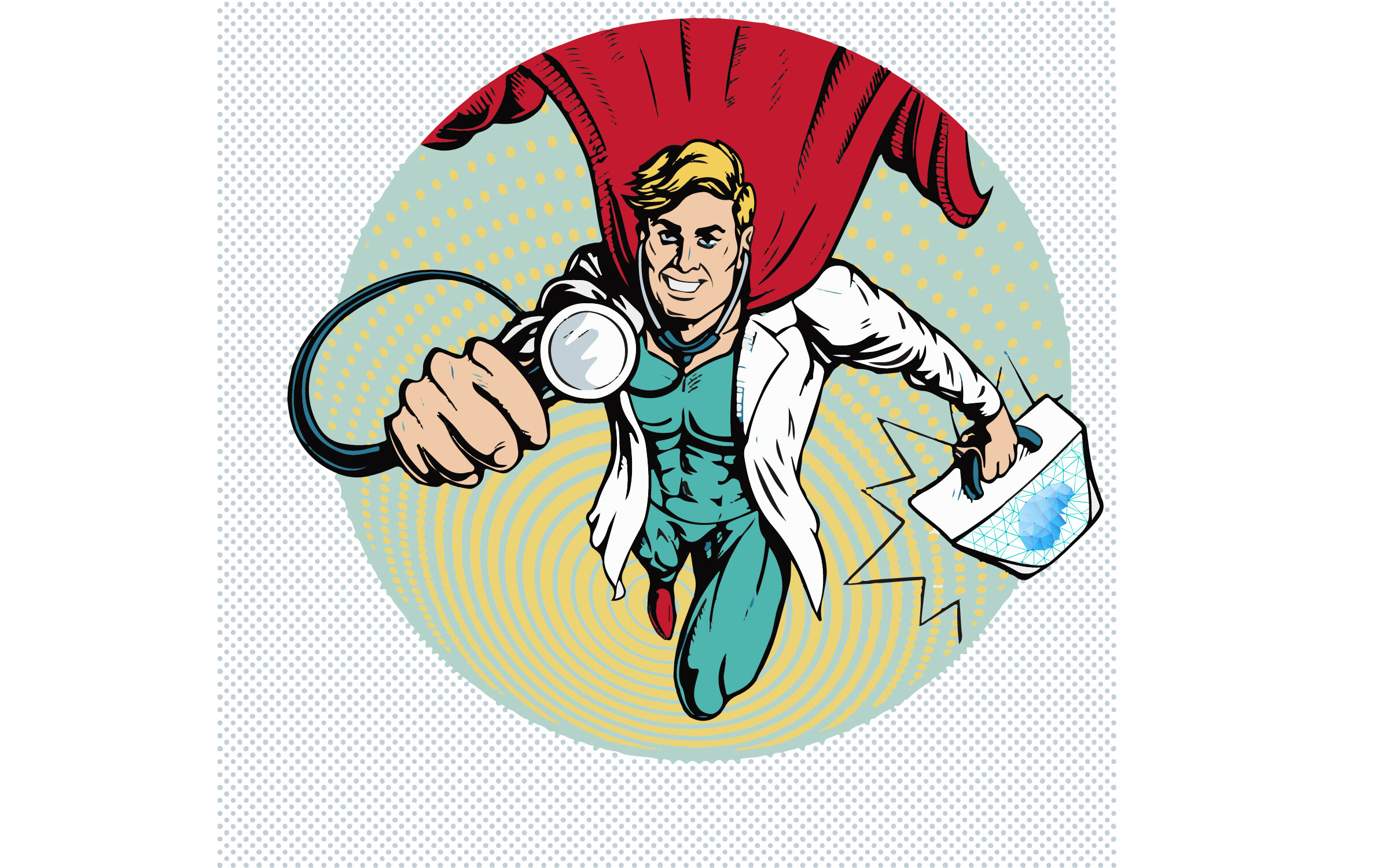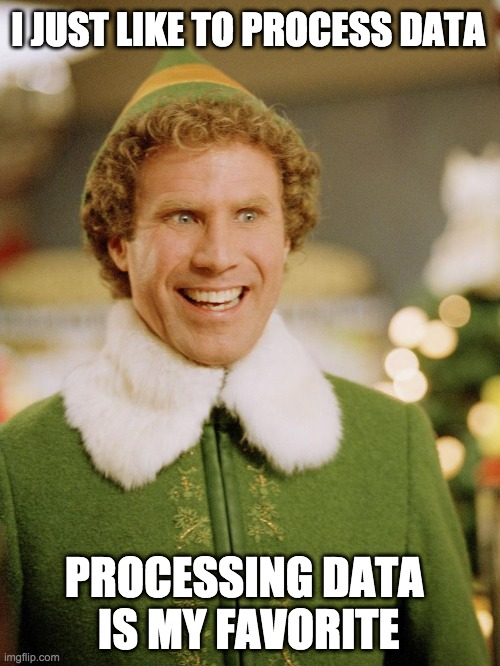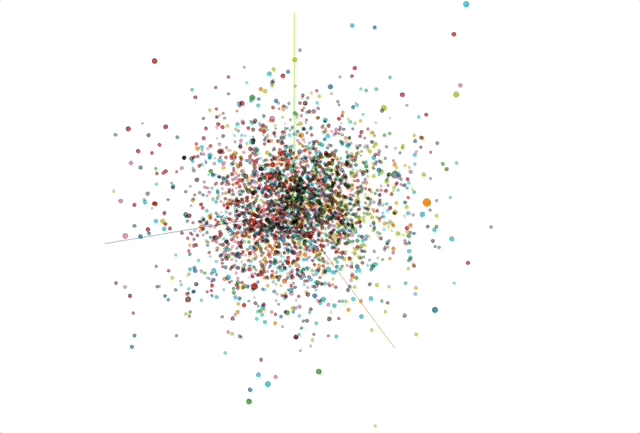What's in a name? Prediction Health.
People agonize over picking the best names for pets, children (my wife and I “discussed” this one for months prior to our son’s birth), and...companies. It’s a common stereotype that often startup founders will spend an inordinate amount of time arguing over the perfect company name. They want something catchy or hip[1].
For us it was easy: our name is our mission. Healthcare can be 100x better, and one of the missing pieces is helping clinicians and artificial intelligence (AI) work together. The machines can augment the amazing work done by the people who have dedicated their lives to improving their patients’ health. Yet all too often in healthcare, computers work against front line workers delivering care.
Our mission is to improve patient outcomes by seamlessly integrating AI into healthcare.
Prediction + Health = PredictionHealth
Why we started with provider documentation
Why have we started with a documentation service? Well, if you want to make useful predictions you need to have the key information clinicians use to make their decisions as they collect it. You need to build a system that “knows” what’s going on in real-time so that you can proactively help. Our system processes the audio from patient-clinician conversations to extract the medical information and then summarizes and organizes the data. The best start to collecting and organizing healthcare data is to relieve clinicians of the clerical burden that has taken over their time. If you’re going to automate data capture then you might as well solve the burden of documentation while you’re at it — it certainly makes a lot of clinicians quite happy!
What clinicians truly deserve is medical, AI-enhanced superpowers.

We’re excited to be saving our users hours per day and freeing them up to focus on their patients. However, we started this journey to build the tools we wished we had to take better care of patients. The root of most problems in healthcare is a data problem — specifically missing infrastructure to organize, use, and share timely and accurate data. Documentation automation is step one with many more challenging and exciting steps to build upon. We’re designing everything from the ground up to make data processing, analysis, and real-time recommendation easy.
Medicine is especially challenging because it’s so information-dense. Each patient comes with a stack of previous documentation, a mountain of old laboratory and imaging results, and an array of potential treatments. How would you convey enough of that useful information via an Alexa-like speaker? Do clinicians and patients want to sit in the exam room listening as information is read out to them? Having a smart AI-fueled service listening in to keep apprised of what’s going on is great! This is just the first step, though.
The future of medicine needs the mountain of information to be processed and presented to the clinicians of tomorrow in a way that’s timely and thoughtful. We’re gathering the information now while setting up to seamlessly and subtly provide useful information and assistance later. Medical notes, conversations, lab values, and all the other healthcare information can be processed and organized into numbers - vectors that are ready for use with machine learning. It’s not an easy task but it’s necessary and has to be done thoughtfully. Fortunately, we’re pretty nerdy and are happy to take on the task! Once you have the data in this format you’re ready to predict so many useful things personalized to each patient - potential diagnoses, treatments, and health trajectory.
Processing unstructured data is our favorite! (Let us handle all of that for you.)


We’re confident that working together with clinicians, staff, patients, administrators, and technology vendors there is an absolutely amazing destination waiting for us. If you share our vision, reach out! This is a huge undertaking and we’ll need to work together. We will get there with thoughtful and rapid iteration and a gaze firmly fixed on what the future of medicine should be, for our patients and their families. We can’t know what the future will bring, but we have a prediction: better, smarter healthcare.
[1]: I know it’s not “hip” to say “hip”. But at least I didn’t turn it into an orthopedics joke. (refrains from making a dad or orthopedics joke)
.png?width=300&height=84&name=PredictionHealth-logo%205k%20(3).png)